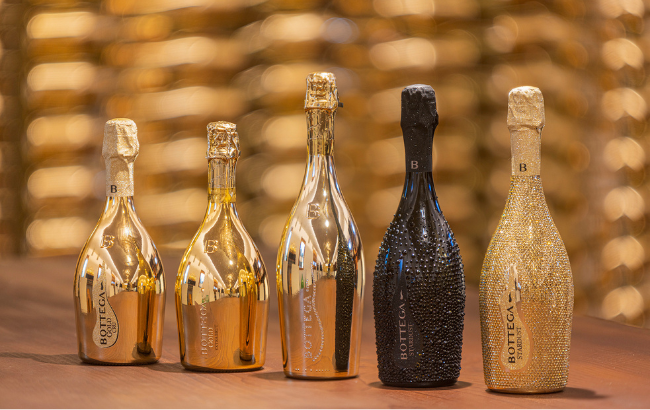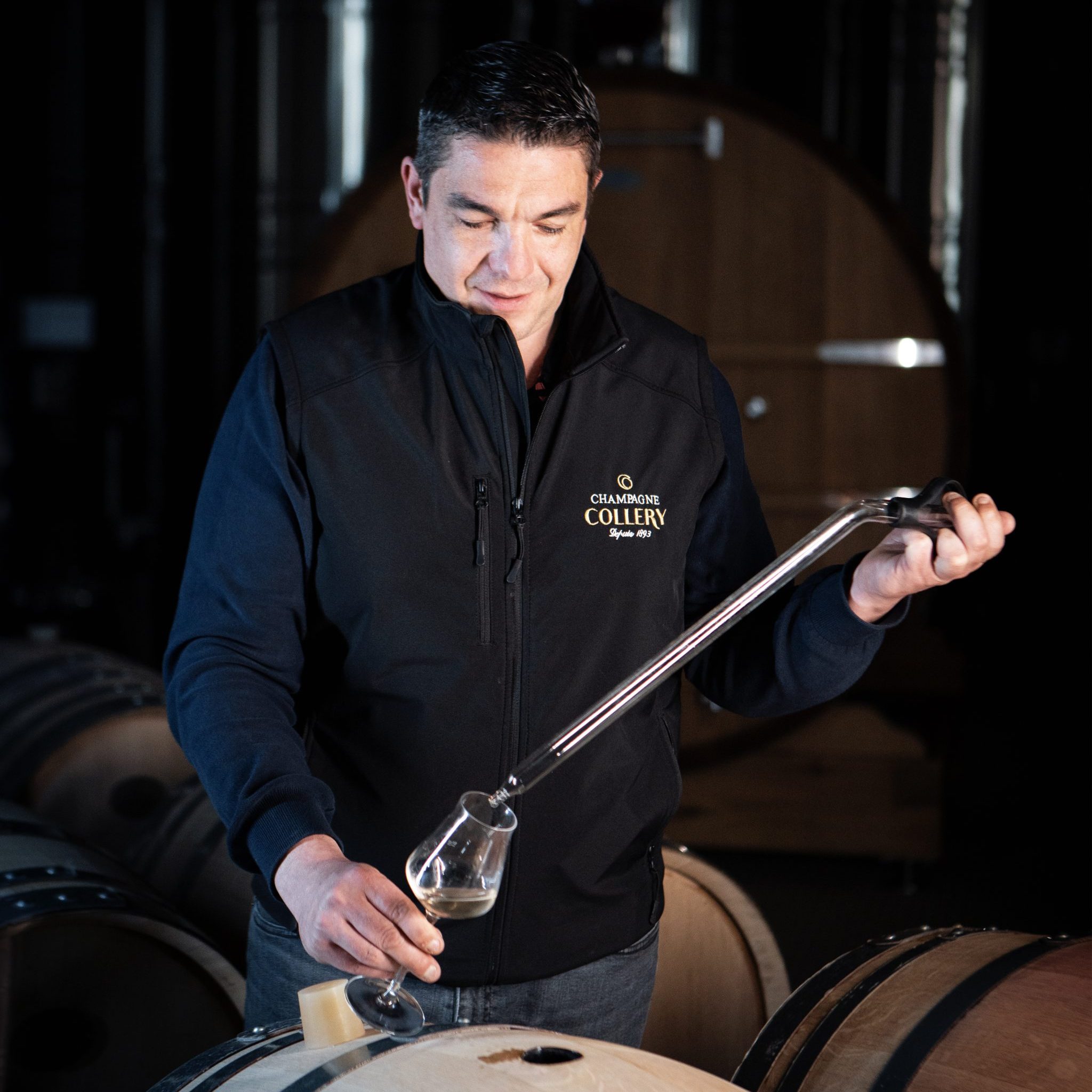Parker’s ‘cult’ 100-point Bordeaux
By Rupert MillarAs Robert Parker relinquishes Bordeaux tasting at The Wine Advocate to Neal Martin, does an even greater cult following beckon for his ‘perfect’ 100-point clarets?
Robert Parker
Arguably there are already those who buy solely on the basis of a price or a score and the ‘perfect’ 100-points from Parker carried vastly more weight than any other, particularly if given to Napa or Bordeaux.
But with Parker increasingly retreating from official tasting duties at The Wine Advocate so the number of his scores is shrinking and the amount of 100-pointers becomes increasingly concrete and finite.
From 1982 onwards Parker has given 94 Bordeaux wines his top score and, barring the occasional addition, they are now the sum of ‘perfect’ Parker clarets.
His handing over of en primeur duties to Martin last February already marked the end of an era of a sort but he retained in-bottle tasting duties; shortly followed up by reports on the 2012 and 2005 vintages.
Now though, just over a year later, he has given these responsibilities to Martin also.
Parker has, of course, not completely bowed out. He is still scoring Napa and Sonoma for the journal and as editor-in-chief Lisa Perrotti-Bown MW told the drinks business: “Parker is still our critic-at-large, reporting from time to time on value wines, importers’ portfolios, etc. So it is not beyond the realms of possibility that he may still report on the occasional Bordeaux wine.”
Be that as it may, and although it had been on the wane before now, the Parker-era in Bordeaux can probably be said to have well and truly ended.
Yet he has been such an influential figure over the past 38 years, can his scores really no longer count for anything as time marches on?
Liv-ex director, Anthony Maxwell, told db: “In time, with new vintages, new critics and new generations of wine drinkers emerging, Parker’s scores will lose practical relevance – but the elevated status of his 100-point wines is likely to become even more marked.”
Renaissance Vintners’ Joss Fowler, notes that, “the wine world has grown up. Consumers are far more savvy, far more educated than they were 10 years ago. There is no longer a need for the ‘Emperor of Wine’.”
Nonetheless, as he continues, in an age where if you want an opinion you can get 50 “from Parker to Neal to Suckling to chippy bloggers and everything in between”, might not the old 100-pointers rise above the noise as beacons of ‘perfection’ or ‘greatness’?
Partner Content
Fowler comments once more that what has made Parker such a respected and recognised taster is his integrity and consistency – to his palate at least, whether or not everyone else always agrees with it – and it is a trait his successor Martin has as well.
As Fowler says: “Both Parker and Neal are very honest with their scores: Neal is assiduous in getting them ‘right’; Parker rarely makes mistakes. There is an integrity to their scoring, and I imagine that is or was an influence in Parker passing the baton. You don’t get a hint of agenda in their scores, which can’t be said of all critics.”
It is this honesty that adds substance to the 100-point wines and what may give them greater weight in the future even as lesser scores fade from memory. Furthermore, these wines belong to a particular club and collectors, strange beasts at the best of times, like that sort of thing.
“You have to feel for the 99+s,” said Maxwell.
Whatever the eventual future of the 100-pointers, Parker’s full retirement from Bordeaux means the region has lost a crucial ally.
Parker was not above criticising the Bordelais, predicting that the campaign for the 2011s would “bomb” (accurately as it turned out), as well as warning producers that en primeur prices were becoming unsustainable – he has made the same remarks about Napa too.
Yet despite that, and even as his influence weakened, no one could move a Bordeaux label or even an entire vintage quite like Parker.
As well as his aforementioned consistency, Fowler suggests it is because he has always come across as a “wine lover”.
He says: “Parker’s notes – the positive ones – are a wine merchant’s dream, and that’s why he’s done so much for the trade. When Parker likes something, you want to buy it.”
Liv-ex has compiled a list of (just) five instances when Parker “moved Bordeaux”. The full list can be read here (with more graphs) but in summary:
- Haut Bailly 2009 – scored 100-points in November 2014 three days after the score was announced the case price had jumped 45.2% from £775 to £1,125 a case.
- 2005 Bordeaux – the last full Bordeaux report Parker compiled for TWA. Twelve wines were confirmed or elevated as 100-pointers. Anticipation in the months leading up to the report saw trade in the vintage increase dramatically – particularly for those wines tipped for an upgrade. Those that ultimately fell short swiftly dropped off the trading radar.
- La Mission Haut-Brion 2005 – upped from 98+ to 100-points in the report mentioned above. With rumours it would receive a ‘perfect’ score in the June report, its price rocketed 47.7% between January and the release date.
- Montrose 2010 – From March 2013 to May 2014 the wine’s price declined 32.3%. A point increase from 99 to 100 in August 2014 and the note from Parker that it was “among the greatest vintages ever made by Montrose” and it made up that year-long loss in a single day. And it still trades at a 14% discount to its 100-point 2009 sister wine though.
- Haut-Brion 1989 – one of six 100-pointers for the first growth and at £13,000 a case by far and away the most expensive wine from the estate of all the vintages since 1985, 139% more dear than the next most expensive Haut-Brion of the last 30 years – fellow 100-pointer 2005. Parker scored the 1989 98-100 in-barrel and then 100 in-bottle. He has confirmed its status by repeating his rating on no less than six separate occasions. “Life is too short to not drink this wine as many times as possible,” he noted.




